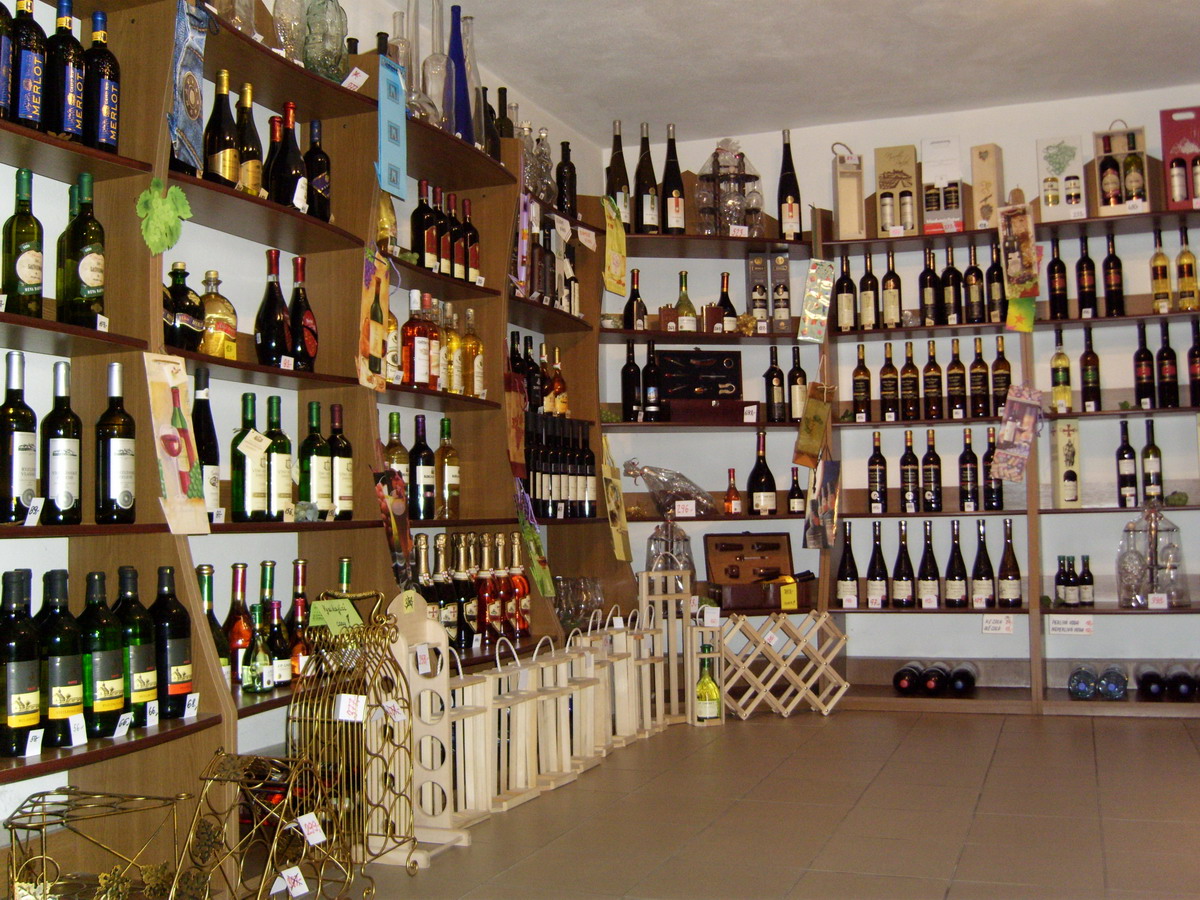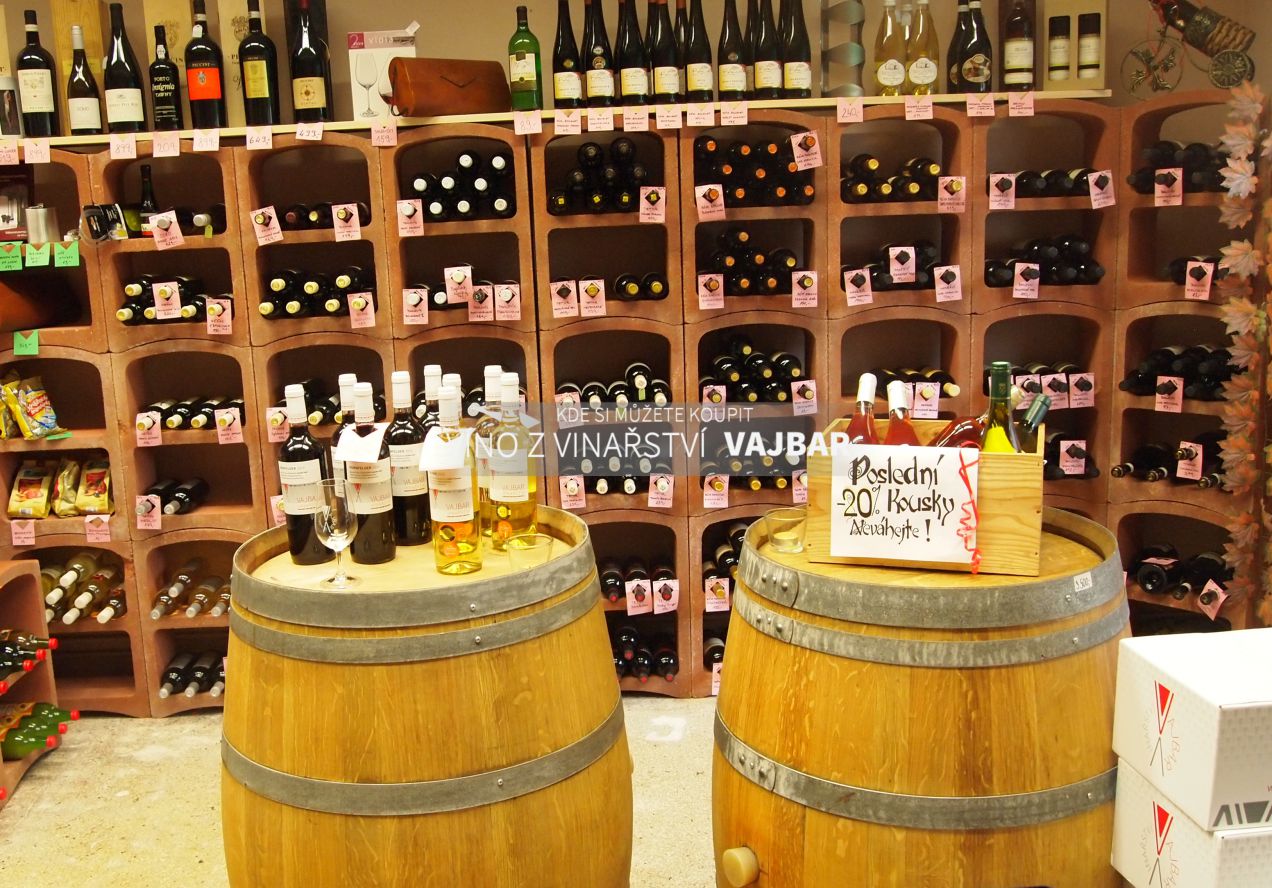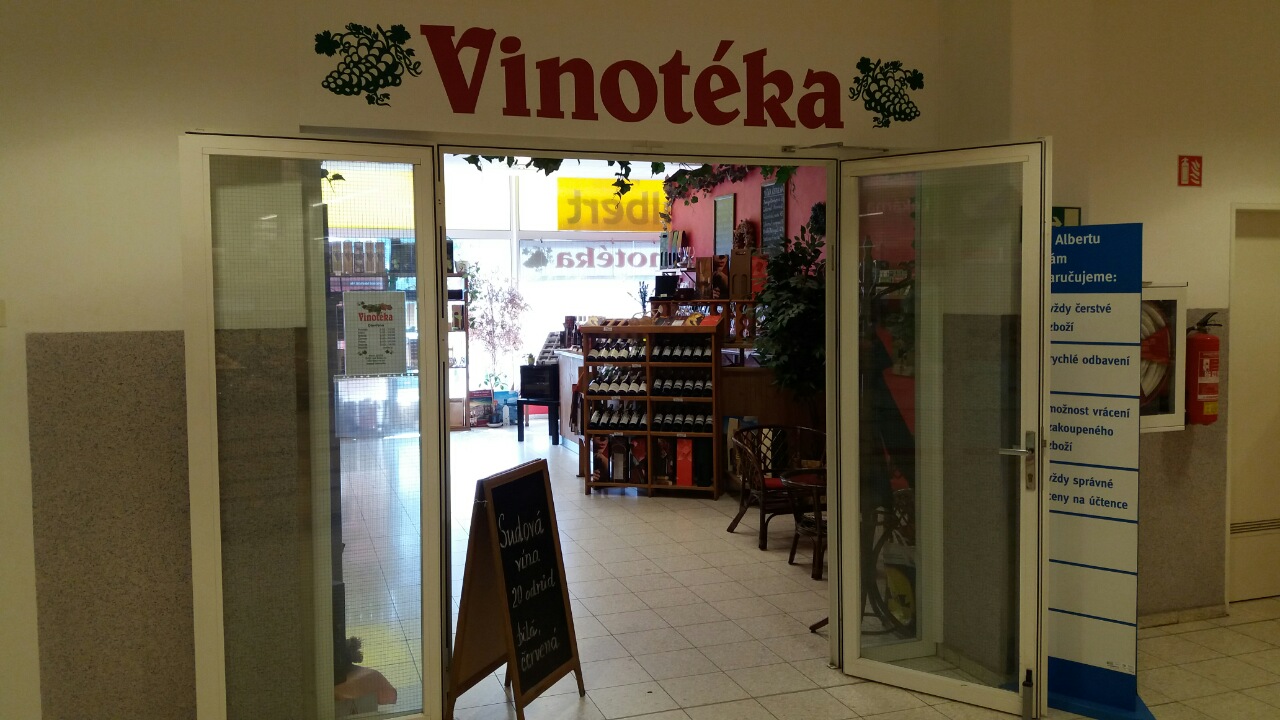

Josefa Oberem, RWTH Aachen University, Germany – “Examining auditory selective attention in complex acoustic environments”.Catarina Mendonca, University of Azores, Portugal – “Changes in auditory space following audiovisual experience”.Petr Maršálek, Charles University, Czech Republic – “Just noticeable differences in low frequencies below 500 Hz, loudness, localization model and psychophysics”.Piotr Majdak, Austrian Academy of Sciences – “Computational models for listener-specific predictions of spatial audio quality”.Bernhard Laback, Austrian Academy of Sciences – “Re-weighting of binaural cues based on visual feedback”.Norbert Kopčo & Eleni Vlahou, P.J. Šafárik University, Slovakia – “Adaptation to Reverberation in Speech and Distance Perception”.Andrej Kráľ, Hannover Medical School, Germany – “Effective Connectivity Between Primary and Secondary Cortical Areas is Shaped by Early Hearing”.Erick Gallun, National Center for Rehabilitative Auditory Research, USA – ” Flipping the laboratory: Clinical research tools for bringing psychoacoustical testing to the patient”.John Culling, Cardiff University, UK – “How to optimise speech intelligibility in rooms”.Inyong Choi, The University of Iowa, USA – “Adapting to simultaneous electric and acoustic stimulation for word-in-noise recognition in listeners with single-sided deafness”.Lauren Calandruccio, Case Western Reserve University, USA – “Masked-sentence recognition: the effect of target and masker speech similarity”.Virginia Best, Boston University, USA – “Investigating a visually guided hearing aid”.Robert Baumgartner, Austrian Academy of Sciences – “Effects of spatial auditory cue realism on selective attention control and future perspectives on studying perceptual learning of these cues across the human lifespan”.Jana Bašnáková, Slovak Academy Of Science – “ ‘It’s hard to give a good talk’ – the neural correlates of interpreting implicit meaning”.(Also, non-scientific program – outings to tourist destinations near Kosice – will be organized on the day before and day after the workshop.) Invited talks and talks by ALT consortium (for details click here): (An electronic version of the proceedings with lectures and assignments from the previous two workshops is available here.) Format:ġ/2-day sessions, including invited talks, contributed talks, and posters focusing on the topics of Adaptation, Learning and training, Auditory and cross-modal perception (general), and Vision and other topics in computational and cognitive neuroscience. The workshop will follow up on our previous workshops. The workshop is aimed at early-stage and advanced students and young researchers, and it will provide ample opportunities for direct interactions between the lecturers and the attendees.

The talks will illustrate the multidisciplinary character of cognitive neuroscience research, covering behavioral, neuroimaging, and modeling approaches, as well as applications of the research in auditory prosthetic devices.


– Any comments or suggestions are appreciated, please let us know. – Thanks to everybody for a fantastic workshop ( photo)! We hope to see you all in 2 years. Announcement Poster News and updates (click here to view older posts) :


 0 kommentar(er)
0 kommentar(er)
